5 online health myths debunked: From coronavirus to diabetes and heart attack
Fact or fiction? The Sunday Times gets experts to weigh in on 5 pieces of questionable health advice that have been making their rounds on social media
Sign up now: Get ST's newsletters delivered to your inbox
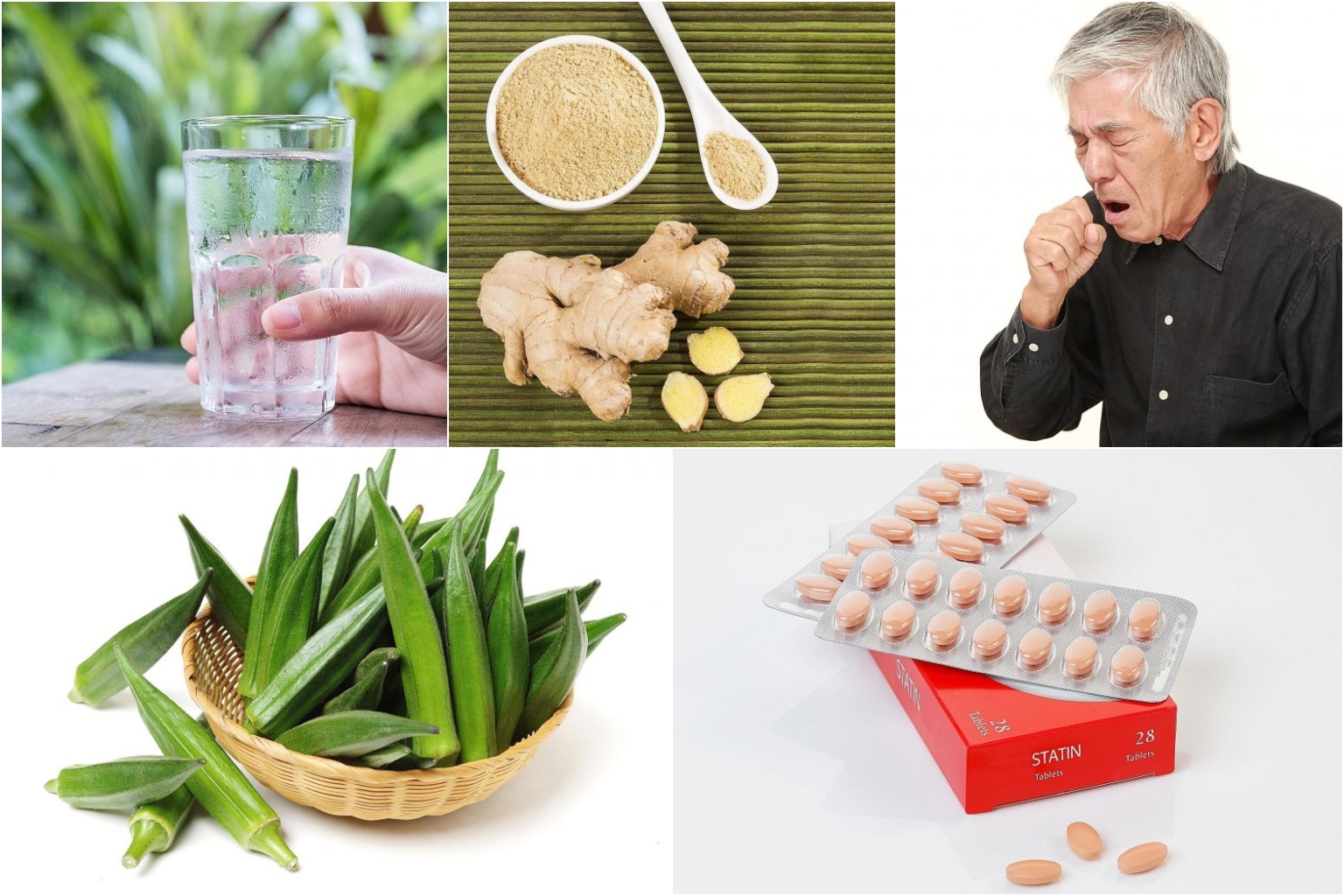
PHOTOS: ISTOCKPHOTO
Follow topic:
Since the recent coronavirus outbreak, singer-songwriter Lawrence Hiew has encountered many posts and news articles on his Facebook feed offering health "advice".
"Most of it is about how to avoid getting infected," says the 25-year-old. "For example, I came across a post claiming that eating garlic can help prevent coronavirus infection."
He was immediately sceptical.
A few days later, another Facebook post popped up, this time padded with input from the World Health Organisation, stating that although garlic may have some antimicrobial properties, there is no evidence that eating garlic has protected people from the coronavirus.
Questionable health "advice" has proliferated the online space in recent times.
General practitioner Lee Kwok Keong, 45, says a friend, who had been diagnosed with nose cancer, had chanced upon an online article claiming his cancer could be cured by eating foods high in antioxidants, such as strawberries, beetroot and kale.
Fuelled by hope, the 40-something father of three consulted Dr Lee about the benefits and risks of such a "treatment".
Dr Lee tells The Sunday Times: "As a general practitioner, a jack of all trades, I get asked about such strange things all the time.
"I asked my friend where he heard this advice, what he thought about it and whether it made sense to him.
"When he said he was not sure, I reminded him that when it comes to treating cancer, the standard medical options are chemotherapy, radiotherapy, surgery or a combination of these."
This is not an isolated incident. The Sunday Times interviewed seven general practitioners and specialists, and six of them say they have encountered patients or friends who have read dubious or unproven health "advice" online and believed it, at least for a moment.
Dr Lee says: "The two biggest types of 'advice' encountered are usually related to either cancer cures or vaccines.
"In the last month, a lot of advice relating to the coronavirus seems to be popping up. As a result, I have to spend 20 to 30 per cent more time speaking to patients than before just to debunk the untruths."
Dr Philip Koh, 54, a senior family physician and chairman of Healthway Medical Group's medical and ethics board, says: "I have patients who watch Facebook videos and believe them wholeheartedly."
The lure of these videos, he feels, is that the "cures" cited are often natural and low-cost remedies.
"People generally feel that Western medicines are full of side effects, especially today, when one can Google to find the side effects of a particular medicine and a whole list will appear.
"What I tell patients is that Google provides information, but lacks the perspective with regard to their clinical condition."
A sad story recounted by Professor Tan Huay Cheem, 56, director and senior consultant at the National University Heart Centre, Singapore, involved a friend of his who had severe coronary artery blockages, but had refused routine treatments, such as stenting or a coronary artery bypass operation.
Instead, he opted for alternative remedies and tried an array of concoctions and herbs for therapeutic healing which he found online.
"Unfortunately, all these did not work," recalls Prof Tan. "One day last year, my friend collapsed suddenly and died at a relatively young age of 55."
While the exact impact of such health "advice" for the treatment of medical conditions here is not known, doctors interviewed say its effect is likely to be "very significant".
For Prof Tan, about 5 per cent of his outpatient consultations nowadays is spent correcting misinformation found online about medical treatments.
"Just 10 years ago, people encountering dubious medical information online was rare. But now, we are inundated with fake medical news that can confuse people who are less knowledgeable about the robust protocol required in scientific research and publications."
One reason why people are willing to believe such online information is because of "confirmation bias", which is when patients selectively search for information that conforms to and supports their existing beliefs, he adds.
"I think finding information that supports their case is gratifying for them. They want to believe that they are right."
Assistant Professor Chin Chee Yang, 37, a consultant at National Heart Centre, Singapore's department of cardiology, says: "The threat is real and in some instances underestimated. The patients who are forthcoming enough to tell us that they have been reading these circulating articles may well be just the tip of the iceberg.
"There may be many more people who read, and believe, these articles, but they do not tell us and so we do not have the opportunity to try and persuade them otherwise."
While it can be difficult to convince patients that they may have been misled by dubious health articles, the best thing a doctor can do is work at building rapport first.
"If the condition is not life-threatening and does not require immediate intervention, it may be better to build trust and explain the scientific basis of our recommendations over a few consultations, rather than try to achieve too much in one consultation."
In any case, it appears the problem is not going away anytime soon.
Dr Leong Choon Kit, 52, a family physician and chairman of medical social enterprise GP+ Co-operative, says: "I think this is a very important issue, but one that is difficult to solve. There will always be insecure people who will go online to seek support and those who share advice with good intentions, but without understanding the effect of their actions.
"The result is that ordinary folk find it hard to differentiate the facts from the lies, and it frustrates me because the public suffers."
MYTH #1
CLAIM
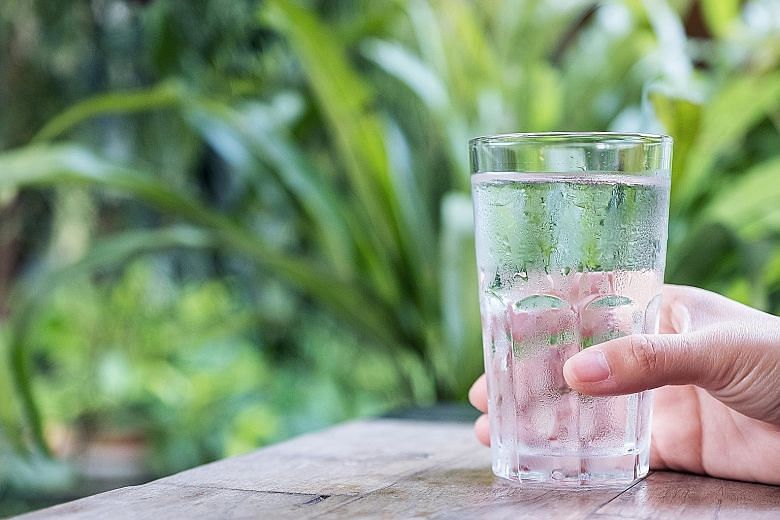
To reduce your risk of coronavirus, avoid any form of cold drinks and ice cream and thoroughly cook meat and eggs before eating.
Seen on: Facebook, Google, Twitter, Instagram, WhatsApp
FACT
Associate Professor Lim Poh Lian, a senior consultant at the National Centre for Infectious Diseases, says: "Coronavirus is not spread by food and water transmission, but by close contact with infected persons, specifically through the spread of droplets emitted from an infected person.
"It is fine to consume ice cream and cold drinks, which people have been doing all this while.
"Of course, it is good to cook meat and eggs thoroughly before eating to prevent food-borne infections. But that does not offer protection against the coronavirus.
"What people should do is to monitor their health. If they have a fever or cough, see a doctor.
"Wear a mask if they are sick or if they have direct contact with sick or high-risk persons.
"Wash hands with soap and water frequently, or use a hand sanitiser if they are unable to wash their hands.
"Stay healthy with good nutrition, such as eating enough fruits and vegetables. Stay hydrated, as well as get enough sleep and exercise.
"Defer all non-essential travel to mainland China, and all travel to Hubei province."
MYTH #2
CLAIM
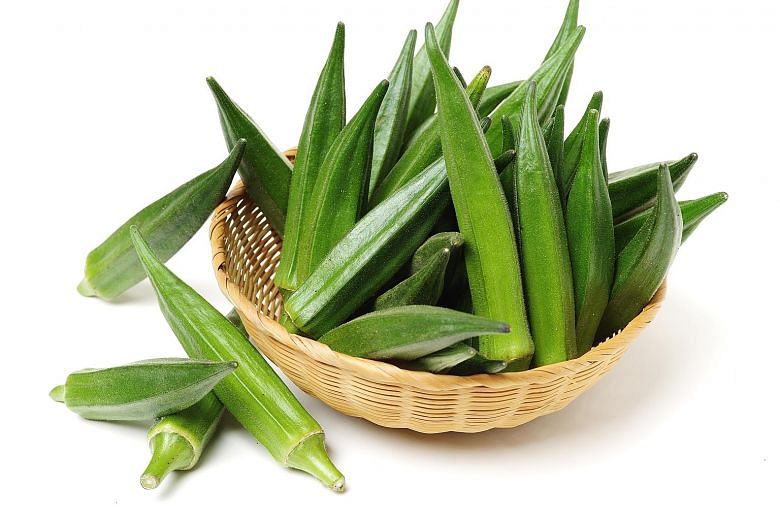
To prevent diabetes, eat superfoods to control sugar levels, such as okra (lady's fingers), turmeric, Indian goose berries, beetroot, turnip, bitter gourd, radish, garlic, cinnamon, lemon, cucumber and carrots.
Seen on: Facebook, Google, Twitter
FACT
Dr Kalpana Bhaskaran, head of the Centre for Applied Nutrition Services and the Glycemic Index Research Unit at Temasek Polytechnic's School of Applied Science, as well as vice-president of the Singapore Nutrition and Dietetics Association says that to prevent diabetes, we should follow a healthy lifestyle and maintain an ideal body weight.
She says: "Follow a healthy-eating plan that will help you control your blood sugar levels and avoid glucose spikes.
"The foods listed above are good sources of phytochemicals or antioxidants that can be a part of your regular meal plan.
"But there is no scientific evidence to prove that consumption of these foods prevents diabetes."
MYTH #3
CLAIM
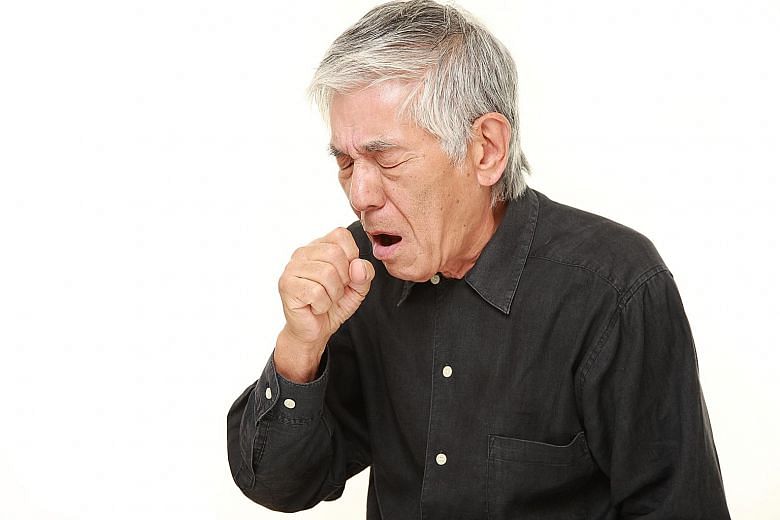
When experiencing a heart attack, cough repeatedly and as hard as you can.
Seen on: Facebook, Google, Twitter
FACT
Assistant Professor Chin Chee Yang, a consultant at National Heart Centre, Singapore's department of cardiology says that there is no evidence to suggest that deliberate coughing helps during a heart attack.
In fact, it may cause harm as the pain may not be due to a heart attack, and there are certain medical conditions - such as aortic dissection, caused by a splitting of the aorta wall - that could potentially be worsened by forceful, deliberate coughing.
If an individual experiences symptoms of a heart attack - such as a central crushing chest pain which in many instances may radiate to the jaw or shoulders, and is usually accompanied by nausea and sweating - they should call for help immediately, preferably from the emergency medical services.
While waiting for assistance, they should find somewhere safe to rest and should take medication - such as aspirin or a glyceryl trinitrate spray or tablet - if their doctors had previously prescribed these for use in such a scenario.
It is not advisable for the individual to make their own way to the hospital, either by driving or public transport, in case they suffer a sudden deterioration en route, and this further delays their receiving medical attention as well.
MYTH #4
CLAIM
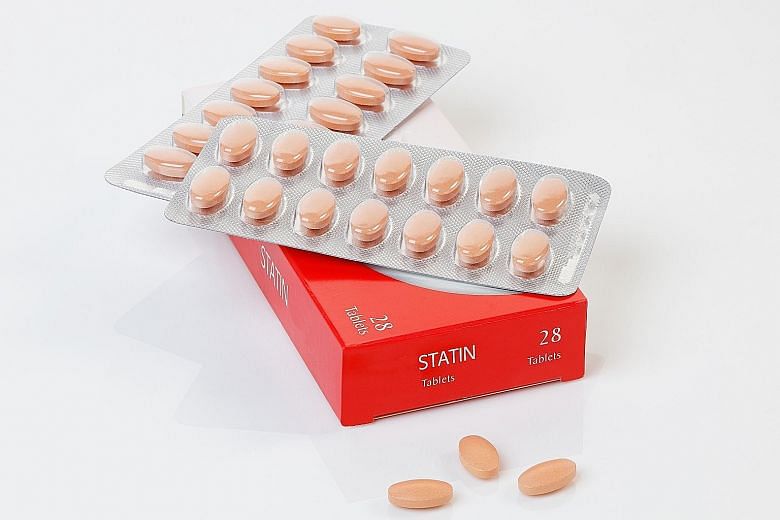
Statins, a class of drugs often prescribed to heart attack patients to lower one's cholesterol, have side effects such as memory loss and Lou Gehrig's disease, whose symptoms include muscle atrophy, as well as losing the ability to speak and swallow food.
Seen on: Facebook, Google, Twitter, Instagram
FACT
Professor Tan Huay Cheem, director and senior consultant at the National University Heart Centre, Singapore, as well as chairman of the Singapore Heart Foundation board, says that many fear-mongering websites, books and documentaries have been waging a "statin war", expounding false claims on the drugs' side effects.
These have been found to be untrue. The most common side effect of statins is muscle pain, which is usually mild and can be reversed with cessation of the drug, he says.
What is most worrying is that patients who need statins are declining treatment because of unfounded fears about the drug's adverse effects. According to studies in Europe, with every negative piece of news about statins surfacing on social media, up to 10 per cent of patients can discontinue their treatment. This can result in more than 2,000 cases of cardiovascular events, that may lead to death , over a 10-year period, he adds.
MYTH #5
CLAIM
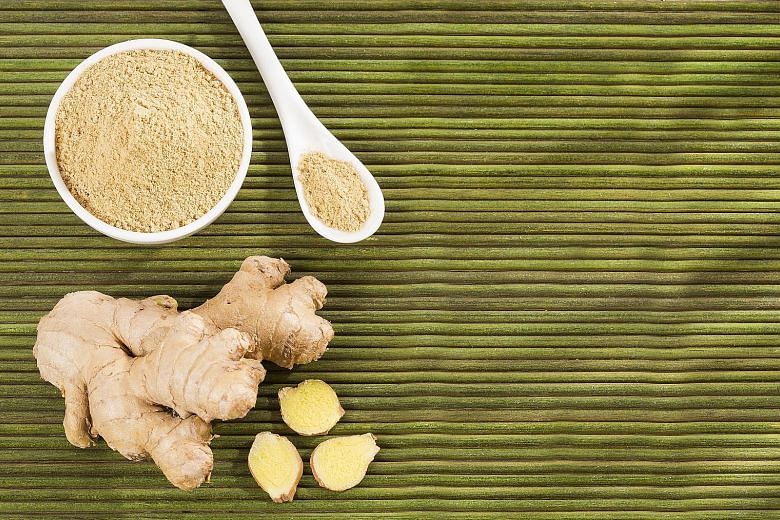
Consuming ginger extract effectively suppresses inflammation of the liver tissue and provides protection against liver cancer.
Seen on: Facebook, Google, Twitter, Instagram
FACT
Dr Philip Koh, a senior family physician and chairman of Healthway Medical Group's medical and ethics board, says that current studies to prove the effect of ginger on the treatment of liver cancer in humans are limited.
In experimental studies involving mice, ginger extract has been shown to shrink liver cancer cells and condense the chromosomes of these cells. However, he says such studies are at best experimental. "How do we extrapolate this to liver cancer in humans?" he asks.
The risk is if patients decide to consume more ginger, ginger extract or supplements, without understanding the context of their effectiveness, and forego medical treatment, such as chemotherapy, they will allow the cancer to spread, he says.
It will be good if patients can consult their doctors to understand how ginger can play a part in their treatment. For example, ginger can help to reduce nausea that patients experience as a side effect of chemotherapy, he advises.

